‘We’re going to live for ever!’ declares Robert Powell as Gustav Mahler at the end of Ken Russell’s 1974 biopic. We’ve just had the big reveal (Russell said it ‘out-Hollywoods Hollywood’) in which Mahler admits to his young wife Alma that she inspired the lyrical theme in the first movement of his Sixth Symphony. It’s a tale for which the only source is Alma herself, but hey, over the course of the movie we’ve already had exploding garden sheds, interpretative dance and Cosima Wagner in fetish gear. Russell cues the music, and few film-makers have understood better how to cut to a composer’s emotional core. As the credits roll, the first movement of Mahler’s Sixth blazes triumphantly to its close, glockenspiel jangling. Russell leaves the tape running, and we hear the audience explode into cheers.
At this performance by the Vienna Philharmonic under Daniel Harding, there was silence. That’s not unusual in itself, simply normal concert-hall behaviour between movements of a symphony. But inter-movement applause, often curiously forced-sounding, has become common in recent Proms seasons — discreetly encouraged by the BBC, who’ve recruited Stephen Hough, no less, to confirm that ‘Brahms and Tchaikovsky would have expected applause’, though he stops short of endorsing other forms of enjoyable 19th-century audience behaviour: smoking, chatting through overtures and hurling fruit at unsatisfactory performers. Actually, it seems to have fallen off since July. Perhaps it’s a fad that’s run its course, because if any composer is going to trigger spontaneous applause, it’s that king of the Hollywood ending Gustav Mahler: an old stager who’d worked in theatres from the age of 19, and who still knows precisely how to twist a crowd round the tip of a baton.
But no, total silence, and I’m still wondering why. Even in the Spotify era, a chance to hear Mahler’s Sixth performed by the Vienna Phil counts as a bit of a treat, and believers in that semi-legendary ‘Vienna sound’ will have been able to get their fix right from the very beginning. The basses, massed between the back of the strings and a towering bank of horns, dug crunchily into the opening death march, and no orchestra’s basses sound deeper, blacker or more sepulchral. The horns, too, glow even while they bite; a muted snarl from this lot is downright poisonous. The woodwinds stand out with an almost hallucinatory sweetness, and then there’s the phenomenon of the Vienna string sound: the tensile strength of steel, combined with inner luminosity and a way of leaning effortlessly, eloquently into any phrase they’re given.
All of which they duly delivered, even at Harding’s often breathless tempos (the ‘Alma theme’ sounded hyperactive). The Sixth is sometimes described as a classical tragedy, and Harding seemed to be aiming for clarity and relentlessness. So quite why that first movement didn’t ignite, why the uneasy idyll of the Andante didn’t really flow, and why the finale never accumulated the overwhelming emotional momentum upon which its whole structure depends, is hard to pinpoint. It’d be too easy to conclude that Harding had simply slipped this luxury orchestra on to cruise control — the energy of his gestures contradicted that. But I didn’t sense a particularly vital connection between those gestures and the sounds the VPO produced. And then there were the tell-tale slip-ups: a perfunctory oboe solo, fluffed brass entries, and cowbells that sounded as though they’d come from Lidl. The higher the expectations, the sharper the sense of frustration. Musicians whose judgment I respect speak highly of Harding. I couldn’t hear why, but I’ll keep listening.
If the VPO’s Mahler was emotionally underpowered, the following night’s programme under Michael Tilson Thomas was bewilderingly dull. I’d always had ‘MTT’ down as a live wire, but he conducted Brahms’s Haydn Variations without much characterisation or dynamic variety beyond that supplied by the VPO’s individual woodwind players. In Mozart’s 14th Piano Concerto Emanuel Ax fingered the solo part as though it were Meissen porcelain while the orchestra laid down plump velvet cushions of tone. Relax, it’s Classic FM! And while it’s not really possible for Beethoven’s Seventh Symphony to be boring, there were moments in this stolid performance where it sounded like the VPO’s first trumpet was single-handedly trying to deliver an urgent telegram from old Ludwig van B himself: for god’s sake, pull your socks up.
At the last moment, Tilson Thomas and the VPO redeemed themselves with an encore: Delius’s On Hearing the First Cuckoo in Spring, the first time that the VPO has played this piece since 1936. The clarinet’s bird call melted in and out of the shaded haze of strings; little splashes of bitonality blinked with wide-eyed surprise. Extraordinary that the most persuasive music-making in either concert came in a piece so utterly remote from the Viennese tradition. But then as Mahler supposedly said, ‘Tradition is slovenliness.’ QED.
Got something to add? Join the discussion and comment below.
Get 10 issues for just $10
Subscribe to The Spectator Australia today for the next 10 magazine issues, plus full online access, for just $10.
You might disagree with half of it, but you’ll enjoy reading all of it. Try your first month for free, then just $2 a week for the remainder of your first year.

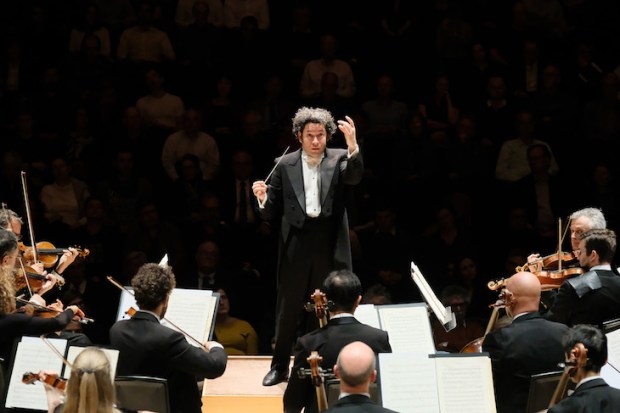
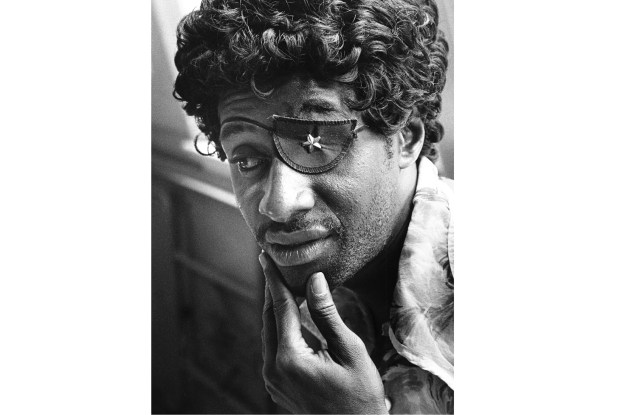

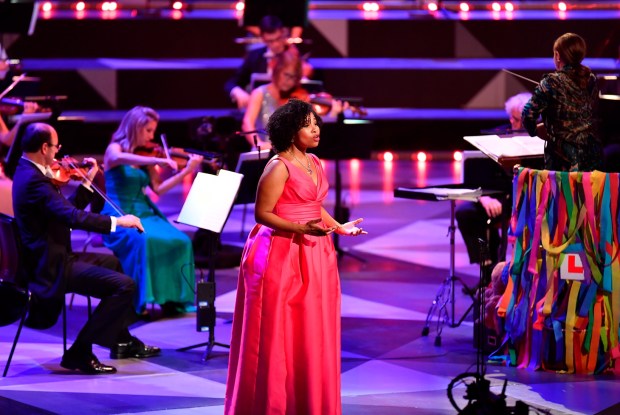
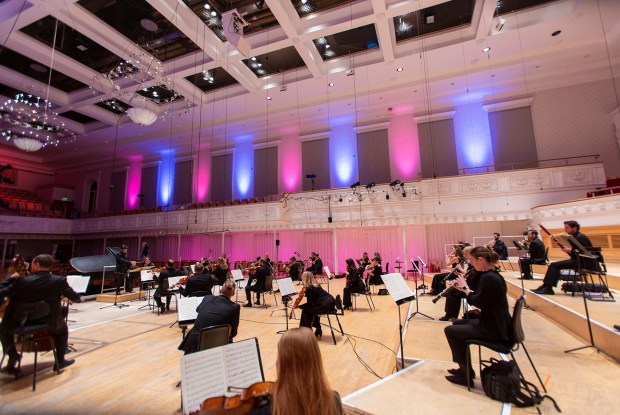
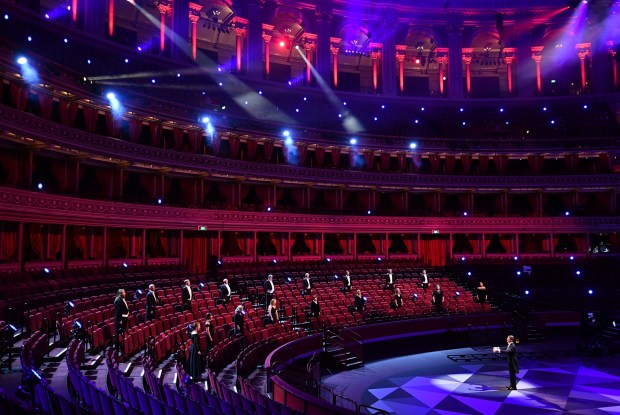






Comments
Don't miss out
Join the conversation with other Spectator Australia readers. Subscribe to leave a comment.
SUBSCRIBEAlready a subscriber? Log in